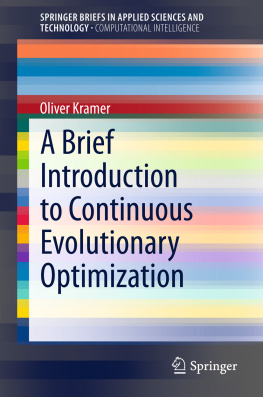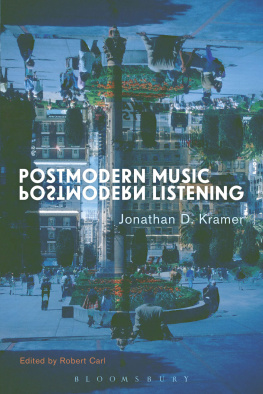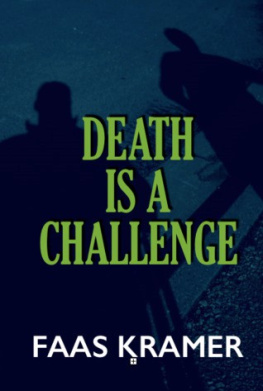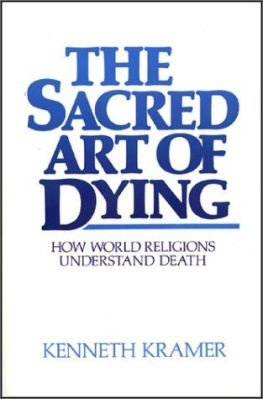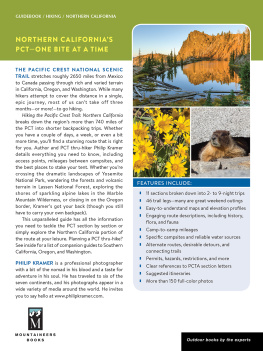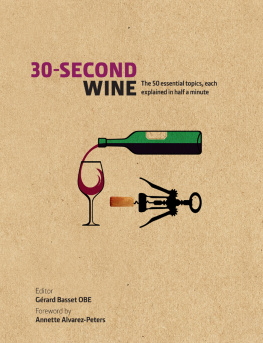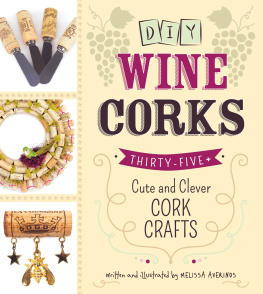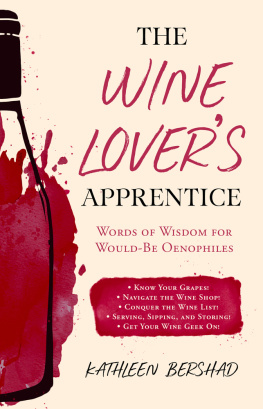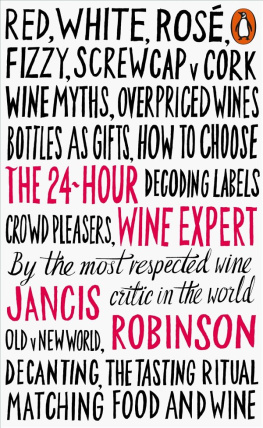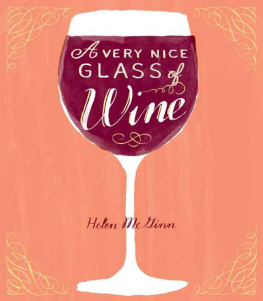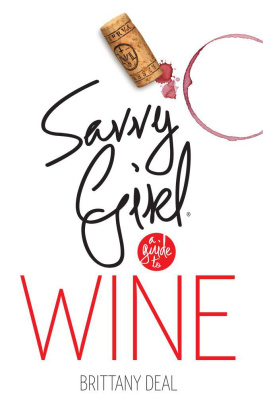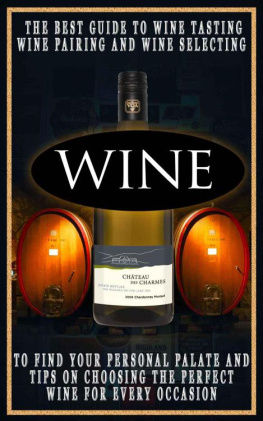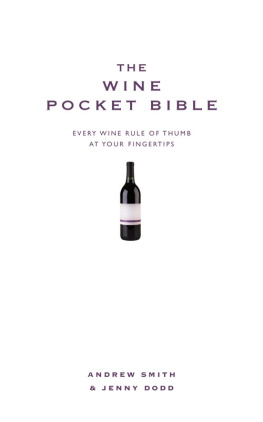True Taste
Copyright 2015 by Matt Kramer
This is an officially licensed book by Cider Mill Press Book Publishers LLC.
All rights reserved under the Pan-American and International Copyright Conventions.
No part of this book may be reproduced in whole or in part, scanned, photocopied, recorded, distributed in any printed or electronic form, or reproduced in any manner whatsoever, or by any information storage and retrieval system now known or hereafter invented, without express written permission of the publisher, except in the case of brief quotations embodied in critical articles and reviews.
The scanning, uploading, and distribution of this book via the Internet or via any other means without permission of the publisher is illegal and punishable by law. Please support authors rights, and do not participate in or encourage piracy of copyrighted materials.
13-Digit ISBN: 978-1604335682
10-Digit ISBN: 1604335688
ISBN: 9781604335699 (eBook)
This book may be ordered by mail from the publisher. Please include $4.95 for postage and handling. Please support your local bookseller first!
Books published by Cider Mill Press Book Publishers are available at special discounts for bulk purchases in the United States by corporations, institutions, and other organizations. For more information, please contact the publisher.
Cider Mill Press Book Publishers
Where good books are ready for press
12 Spring Street
PO Box 454
Kennebunkport, Maine 04046
Visit us on the Web! www.cidermillpress.com
Design by Jon Chaiet
CONTENTS
ACKNOWLEDGMENTS
Nothing is more personal to an author than the Acknowledgments page. Although it seems to be a nation of one, a book is a country with an uncounted population not just of editors and publishers, but also of people who have supported an author in ways that provide him or her much-needed sustenance.
Foremost among them, at least in the most practical fashion, has been Marvin R. Shanken, the owner and editor of Wine Spectator . Without his support this book simply wouldnt have been possible. The opportunity to write regular, frequent columns for Wine Spectator has given me not just a financial endowment but also an intellectual one as well. I have had the privilege (thats the only word) of being allowed to think about wine week after week, year after year, and to articulate those thoughts to a sizable audience. This would not have been possible without Marvin Shankens direct, personal support. To say that I am grateful understates the matter considerably.
Similarly, various editors over the years have weighed in with their thoughts, suggestions and revisions. Some of these Ive grasped thankfully as if thrown a life preserver; others Ive pushed away (foolishly, perhaps) and continued on my journalistic swim. Either way, Im grateful for their always well-intentioned interest, support and practical help.
For this particular book I happily extend my sincere thanks to my longtime editor Carlo DeVito and to publisher John Whalen, whose love of wine and books is backed by their time, belief and, yes, checkbook. Thanks also are due to editor Diane Abrams for her careful reading of the manuscript and useful suggestions.
Not least, as always, is my wife, Karen. She has seen thousands of columns emerge, as well as an armload of books and has always assured me that the latest is the greatest. Of course, thats not always so. But it sure is nice to hear. I am endlessly grateful to her. Wherever I am and whatever Im doing, she is always powerfully present.
PREFACE
I dream of lost vocabularies that might express some of what we no longer can.
Jack Gilbert
The Great Fires: Poems 19821992
This is a book about judgment. I emphasize this point because to talk about wine today is to assume an analytical, almost forensic stance, which is pervasively seen in the now-ubiquitous tasting note: a string of flavor descriptors punctuated by a point score. The only element of actual judgment too often is only the score itself.
Tasting-note flavor descriptors have become so elaborate maraschino cherry, graphite, road dust as to beg credulity and invite derision. Sure, it can be seen as simply comical. But apart from that and perhaps a certain amount of pretension, whats the harm? Little really, except for one not-so-small element that has changed the landscape of wine appreciation: The universal use of flavor descriptors, not just in wine writing but in wine education as well, powerfully suggests that taste acuity, i.e., the ability to distinguish an ever-longer list of scents, odors, aromas and flavors, is tantamount to judging the quality of a wine. It is nothing of the sort.
How and why flavor descriptors have become the prevailingand limitingvocabulary of wine appreciation merits its own discussion. (See , The Myths of Modern Wine Tasting.)
The language of wine has always been a central feature of wine appreciation. Language shapes thought. How we talk about wine informs and colors not just our appreciation of it, but reveals which particular attributes persuade us to conclude that one wine is better than another.
True Taste: The Seven Essential Wine Words is not, of course, about a mere seven words. Instead, its about those values that involve actual judgment, about the markers that help us navigate toward recognizing and understanding what makes one wine better than another, as well as assessing those writers or tasters who purport to do it for us.
In a democratic and populist culture, the idea that anything as subjective as wineor any other sensory pleasurecan be declared better rubs against the grain. If I like it, its good is the popular mantra. This is tasting as reactive emotion. Its a low bar, a minimal threshold. The fact isand it is a factthat good and less good exist independently of our personal preferences. There are scientific reasons involving human physiology and neurology that explain this more fully. More about that later in the book.
True Taste is about tasting wine with discernment rather than a game of I Spy flavor description. What may strike you as odd is that its not about how to taste wine per se. This is becausethis might surprise youwine tasting really isnt very difficult. Almost anyone whos willing to pay attention and has just a modicum of experience can identify a better-quality wine from a lesser one. Really, its no big deal.
Instead, the real challenge is putting words to wine. This is where many peoplemost, evenstumble. The vocabulary of wine is whats really daunting. The purpose of this book is to offer what the author believes is a more rewarding, more refreshing way to talk about wine through words that both identify and express the beauty we find in the glass.
CHAPTER 1
THE MYTHS OF MODERN WINE TASTING
I should regard the critic as one of those beggars who sift the sand out of rivers to seek a few grains of gold.
Denis Diderot
crits sur lArt et lArtiste
Wine tasting has evolved in recent years into something never previously seen in all the millennia that wines of quality have been drunk and discussed, which means at least as far back as the ancient Romans. (Pliny the Elder, writing in his Natural History about 1 A.D. goes into considerable, even geeky, detail about the fine wines of his time.)
Our moment is different. And you can date the origins of the change not to wine lovers, but to university professorsespecially, but not exclusively, in the United Statesin the field of wine science or enology.
Scientists of all sorts like to present themselves as disinterested observers. But their reality, like everyone elses, is that they necessarily must hustle and jostle in a professional and (academic) political context. It was no different in the academic discipline of enology, especially starting in the 1950s.


